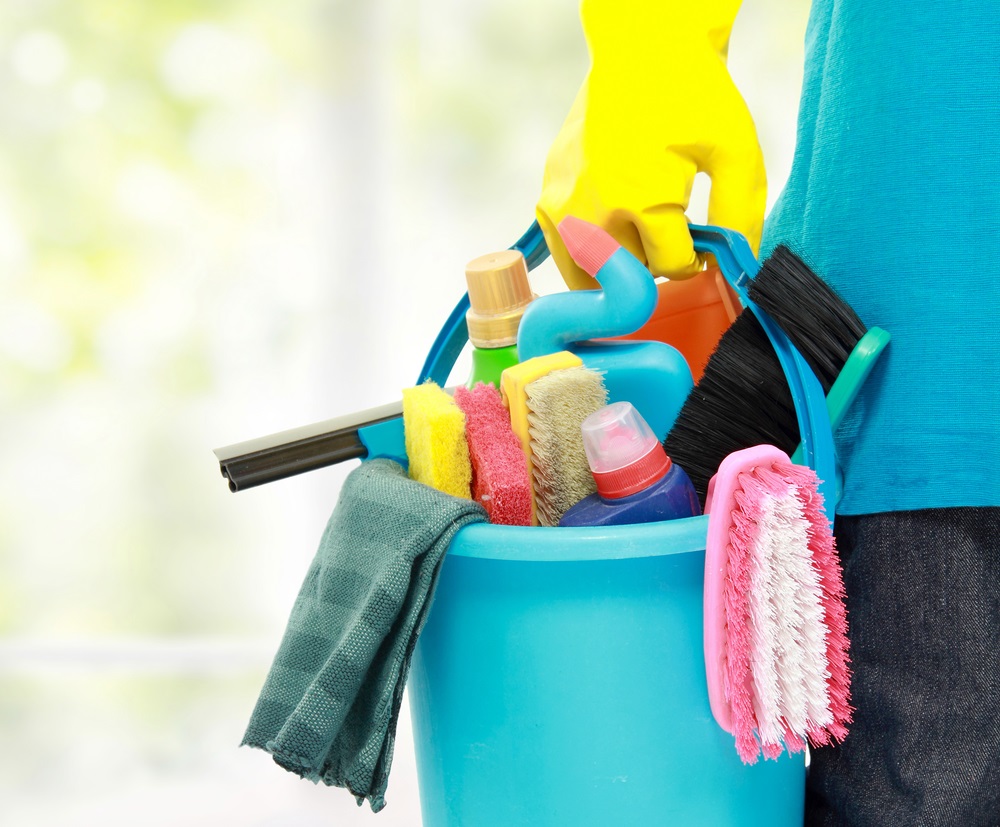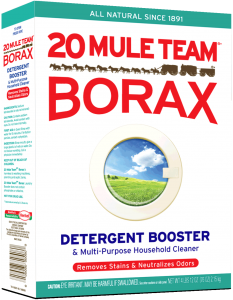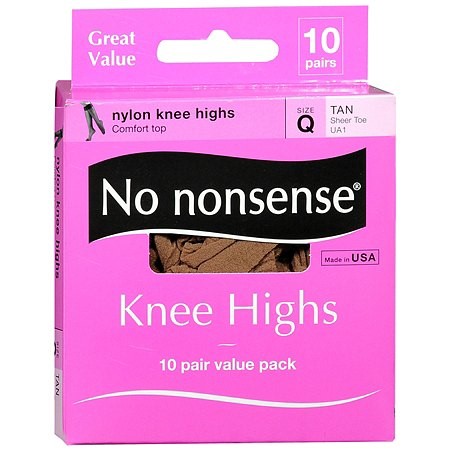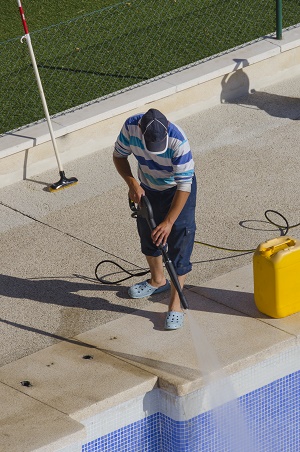Every pool owner knows it’s important to keep a clean pool.
But it comes at a high price, literally.
According to Home Advisor, pool maintenance costs average between $84 and $278 a week, even if you do much of the pool cleaning chores yourself. That’s because a huge part of this goes to buying all the pool chemicals and supplies you need to clean your pool. If you’ve had your pool for some time, you know just how much they can get.
But did you know these essential items to clean and maintain your pool are also available at your favorite grocery or hardware store for just a fraction of what you pay at your local pool supply store?
It’s true. Some of the pool chemicals and supplies you use to keep your pool clean are also sold as regular household products that you use on a daily basis. They’re far cheaper than those that are sold in pool supply stores and are just as effective. If you’re on a rather tight budget, using them can definitely help you shave off some extra money from your pool maintenance expenses
A Fair Bit of Warning
Before revealing to you the different household products you can use to clean your pool, it’s important to point out that they work only on traditional chlorine-based swimming pools. They might not work as well if you’re using other pool maintenance systems like salt pool water systems and oxidizers.
Household Products and Items to Clean Your Pool
Baking Soda
The same baking soda that you use for cooking, baking, or getting rid of odors from your fridge can also be used to help increase your pool water’s total alkalinity levels. That’s because baking soda is made of sodium hydrogen carbonate, otherwise known as sodium bicarbonate that you find in many of the alkalinity increasers you find in your local pool supply store.
Baking soda can also be used to deal with yellow and black algae that form in your swimming pool water, especially if you’ve got an above ground pool because it’s gentler on your pool’s vinyl walls.
Since the baking soda you use at home has the same concentration as those found in local pool supply store, you don’t need to worry about doing a whole lot of complicated mathematical equations to get the right concentration for your swimming pool. Just simply use 1.5 pounds of baking soda for every 10,000 gallons of water. You can buy baking soda in bulk in baking supply stores or in membership stores like Costco. A 12# bag of household baking soda runs for only $6 there. That’s less than half the price of its counterpart in your local pool supply store!
One thing that you should take note of is that while you can use household baking soda to clean your pool, you cannot and should never use its pool version for cooking and baking. That’s because a lot of them tend to have traces of chlorine mixed into them, which is poisonous for you to ingest.
Bleach
The main active ingredient in Clorox, or any household bleach for that matter, is sodium hypochlorite. That’s the same component that’s found in those expensive pool shocks that you get from your local pool supply store. Adding half a gallon of household bleach to your pool water can help you raise your pool chlorine levels by 5 ppm.
Aside from being much cheaper than pool shock and other chlorine-based pool cleaning chemicals in your pool supply store, household bleach can also help you deal with hard water issues by reducing the amount of calcium precipitation in your pool’s water. So essentially, you save even more money because you’re actually getting the benefits of two separate pool chemicals in just one nifty household product.
One thing though when using household bleach. Make sure that you choose the regular, unscented variety. Not only will you be stuck with a floral scented pool, but also the components that they use to scent your bleach may not mix well with your swimming pool.
Muriatic Acid
Muriatic is one of the vital pool chemicals that’s responsible for helping you lower your pool water’s alkalinity. At the same time, it also protects your pool water from bacterial blooms and mineral buildup.
Muriatic acid isn’t only sold in pool supply stores. They’re also sold at hardware stores and home depot centers as a household cleaner. Just like baking soda, the concentration of those that are sold at hardware stores and home depot centers are the same as those you get at your local pool supply store, but at a fraction of the amount.
Whether you buy the hardware version or the one sold in pool supply stores, make sure that you use this with caution since muriatic acid is a very dangerous chemical. It can burn your skin, and the fumes can cause severe respiratory problems, which can become lethal if it’s not treated immediately.
Borax

Source: 20 Mule Team Laundry
Borax is often used as a detergent booster to clean your clothes better. But did you know that this nifty household product can help clean your pool just as well?
Borax is actually made of a refined natural mineral called sodium tetraborate pentahydrate. Adding half a cup of Borax for every 10,000 gallons of pool water to help raise your pool’s pH levels. Small doses of Borax can also help you deal with algae growth since its main component helps inhibit the ability of algae blooms to process carbon dioxide and use as food.
Just make sure that you first check the label to make sure that you’re getting 100% pure Borax and not detergent that contains Borax. Otherwise, you’ll be left with a really nasty mess.
Liquid Dishwashing Soap
No, you cannot use the liquid dishwashing soap at home to clean your pool. But this household product can help you find cracks and leaks in your pool’s plumbing system and pump lid where debris and microbes can enter and contaminate your otherwise pristine pool water as well as cause a lot of damage to your pool’s plumbing system.
Fill a spray bottle three-quarters of the way with warm water followed by one or two squirts of liquid dishwashing soap. Gently swirl the bottle so that the water and the liquid soap will mix to form soapy water. Spray the soapy water on the pipes, fittings, and pool pump lid, and observe. If you see any bubbles forming, then that means that there’s a crack in that area which needs to be repaired.
Plastic Broom
That’s right! That trusty plastic broom that helps you get rid of dust and dirt in your home and garage can also be used to help sweep and loosen debris in your pool. This makes it easier to vacuum the sides and bottom of your pool.
If you’re going to buy a plastic broom for this, try getting one that’s meant to help you clean off cobwebs from your ceiling. Their bristles will be sturdier, and their handle’s going to be longer than the one that you use for sweeping the floor.

Source: Walgreens
Old Panty Hose
Don’t throw those old pantyhoses out just yet. Instead, place it over your pool’s skimmer basket. This will help catch even really fine debris like grass, dog and human hair, and dirt in your pool water before they reach the pool’s filter. Not only will this mean that you have to clean your pool filter less frequently, but it will also extend the life of your filter cartridge, DE grids and sand, so you don’t have to replace them that often.
Vitamin C Tablets
Instead of using those expensive pool cleaning solutions you get from your local pool supply store to clean those stains along the sides of your pool, head over to your medicine cabinet and take out your trusty bottle of Vitamin C tablets.
Vitamin C tablets not only keep you and your family from getting sick but also do a great job in removing stubborn stains. Simply crush some tablets and rub this on the stains to remove them. Just make sure that these are sugar coated tablets. Gel tablets and capsules won’t work.
Tennis Ball
Unless you play tennis, chances are you think of tennis balls as your pet’s favorite fetch toy. But these furry green balls doubles up as a great household item to use to clean your pool. That’s because the fibers in your tennis ball can actually absorb oil residue that’s left behind in your pool water after swimming like suntan lotion, hair products, makeup, and the natural oils produced by your skin.
Simply throw a tennis ball into your swimming pool and let it bob there and do its job. Just make sure that you tie or put your pet indoors and have no way of getting out while the tennis ball is floating in the pool. Otherwise, he might suddenly just dive in to fetch it.
Coca-Cola

Source: Amazon
You read that right! Coca-cola can help clean your pool, particularly the metal railings and fixtures in your pool. Coca-cola contains phosphoric acid, which actually can help rust loosen up and get filtered away. It can also help keep your metal fixtures shiny. Simply pour in 2 liters of coke in your pool water close to your metal fixtures. Don’t worry, chances are after reading this, you wouldn’t want to drink this stuff again.
One Final Note
As you can see, there are lots of different household products and household items you can use to keep your pool clean. But before you use any of these, be sure to check the labels so that you know what you’re putting in your pool to make sure that it’s the right alternative. Otherwise, you might end up doing more harm than good.
Also, be sure to check your pool water chemistry using a really good and reliable testing kit, and again after adding any of these household products, especially those that can be used as an alternative to expensive pool chemicals. That way, you can make sure that your water’s chemistry is still at the right levels for it to stay clean and safe for swimming.

